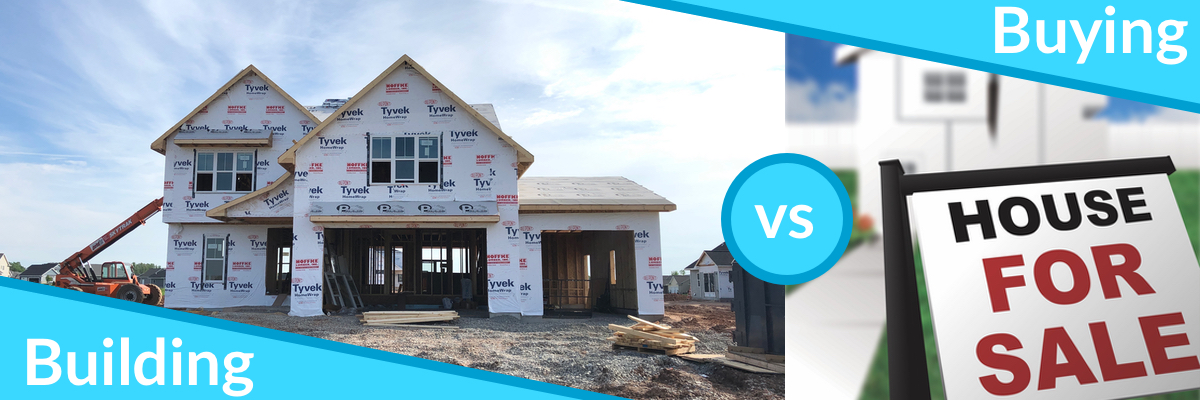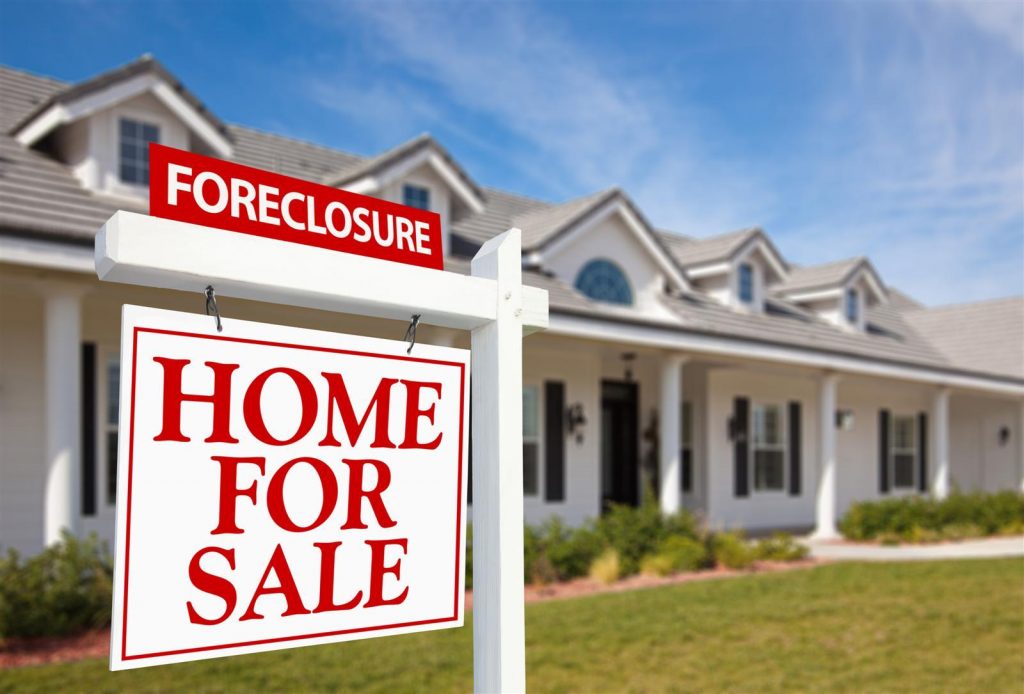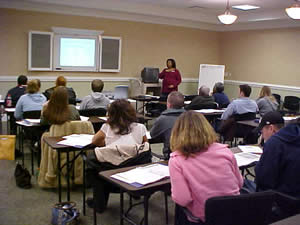What Does a Realtor Really Do For Buyers and Sellers?
.jpg)
When you are ready to buy a new home or sell your current one, you might assume that finding an agent to handle the process is not worth the effort and cost. What exactly do these agents do, and how can they be so invaluable to me?
Buyers
-
- Being pre-approved before you start house hunting is best, and a buyer agent will recommend a lender that will help you begin. Once you have a mortgage amount, you will know how much home you can afford.
-
- Realtors® have thousands of property listings at their fingertips! Once you let them know what you are looking for, they comb through those listings and find homes that fit your needs and wants.
-
- Do you have any idea how to do the research for writing a successful offer on a house or negotiate counter offers you might receive? Your buyer agent certainly does and can save a lot of stress on your part, especially in the case of a bidding battle.
-
- Your agent will schedule and attend an inspection of the house and will help handle negotiations with the seller to have the necessary repairs performed, have the seller reduce the sale price, or make concessions at closing.
-
- As exciting as the closing is, it can cause some anxiety, but your Realtor® will have prepared you for what is to come and make sure all of your necessary paperwork and other applicable things are ready.
Sellers
-
- A listing agent will spend a good deal of time making sure your home is priced comparably to homes in your area by analyzing recent sales of similar homes. Setting either too high or low can deter potential buyers.
-
- Not only does the agent prepare and post the property on the MLS (Multiple Listing Service), they will create a page on their website specifically for your listing, video or 3D tours, and market your home to reach as many house hunters as possible.
-
- Your Realtor® will work diligently to get the best price for your home. Many agents will even go so far as to attend the appraisal and the inspection, warding off any misunderstandings about the findings in each.
-
- During any repair requests, your agent will be able to discern what is your responsibility, and what is an unnecessary request by the buyer. Knowing the difference could save the seller thousands of dollars.
-
- While your house is on the market, you need to know everything that happens behind the scenes, and a reputable agent will stay connected to you, whether it be by phone or in person. Communication is vital to your home’s sale.
If you are buying or selling, connect with a Realtor®. As eager as you may be to go it alone, the legalities and knowledge involved with real estate can cost more money than any agent fees in the end. Not to mention that you cannot place a monetary value on having someone looking out for your best interests during one of the biggest decisions of your life.
Courtesy of New Castle County DE Realtors Tucker Robbins and Carol Arnott Robbins.














